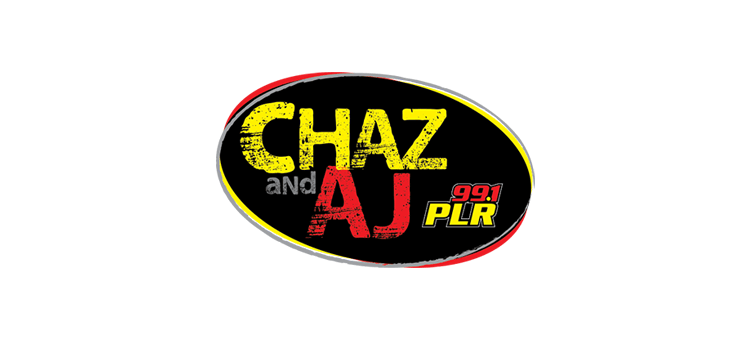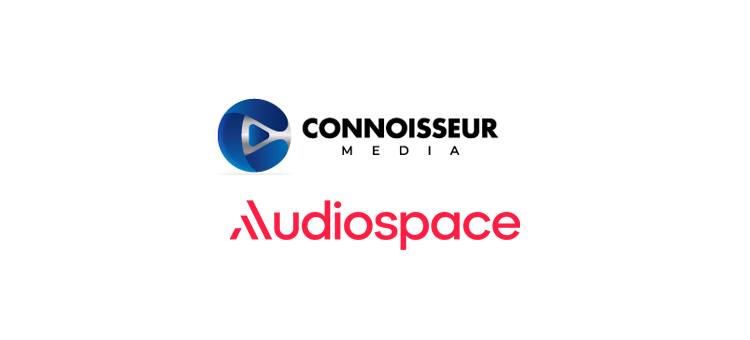
SEO vs. SEM: Which is better for your business?
January 18, 2018
This question gets asked quite often in the digital marketing world: What is the difference between SEO and SEM and which tactic is right for my business? Let’s start with the basics:
SEM (Search Engine Marketing) is a form of internet marketing that often utilizes keywords and individual bids, to show custom ads on a search engine results page. Also known as PPC (pay per click).
SEO (Search Engine Optimization) is the practice of optimizing your website to increase the quantity and quality of FREE traffic through the organic sections of a search engine results page.
Here’s a closer look at both practices.
SEM: The Sprint
If you want visitors to your website today, SEM is your best course of action. A paid search engine ad campaign can be set up and launched in as little as a couple of days, and can drive traffic to your website almost immediately (if it is implemented correctly).
Using a pay per click campaign, you can set an advertising budget and specify which specific keywords you want to be found for, as well as when and where your ads show up using geographic targeting and ad scheduling. You can even take this a step further with a display ads campaign by setting parameters for target demographics such as age, gender, shopping habits, parental status, etc. Your ads are eligible to show when a user types in a search query and you only pay from your budget when that user clicks on your ad.
SEO: The Marathon
If SEM is the sprint, think of SEO as the marathon. Despite what some companies may promise, there is no such thing as overnight success for non-branded keywords. You may not see your search engine rankings shoot up after a day, a week, or even a month. SEO is a slow, steady process that may take a few months to begin showing progress. More competitive industries may take as long as six months to show significant improvements.
There are two main components to SEO: onsite optimization and offsite optimization. Onsite optimization involves applying technical attributes such as proper titles, header tags, meta descriptions, URL formats, scheme data, and the like. Offsite optimization is the process of utilizing opportunities outside of your website. Some common offsite optimization strategies include “link building” (the process of having other websites link back to your page), local listings optimization, and posting to social media sites. These build credibility in the eyes of the search engine, because if several websites are linking back to you, your content must be good. Both onsite and offsite optimization are imperative for good organic rankings.
While many of the actual tactics for SEO do not have a direct cost, the knowledge and expertise associated with implementing them by an SEO team will usually involve a fee. Although there is not a direct cost associated with each visitor to your website, ranking well on any search engine takes time, effort, and a knowledgeable team of SEO specialists.
Which is the better option for your business?
Truth is, SEO and SEM are both important components of any digital marketing campaign. Since succeeding in each requires different skill sets and specializations, many businesses turn to a knowledgeable digital agency for guidance.
If you would like to learn more about how Connoisseur Digital can help your business succeed online, please call us today at 888-819-2336.
Recent News

Deidra Lieberman Named Regional Manager of National Sales for West Coast
February 6, 2026

KUFO Returns to Portland After 15 Years
February 4, 2026

Sommer Frisk Named Market Manager for Palm Springs and Regional Manager for Anchorage and Salt Lake City
February 2, 2026

Bret Michaels Addresses Poison Anniversary Tour Money Dispute on Chaz & AJ in the Morning
January 28, 2026

Emily Harlan Rises To Music Director At San Jose’s ‘Bay Country.’
January 23, 2026

Connoisseur Media, Audiospace Team Up for Mass Digital Revamp
January 15, 2026

